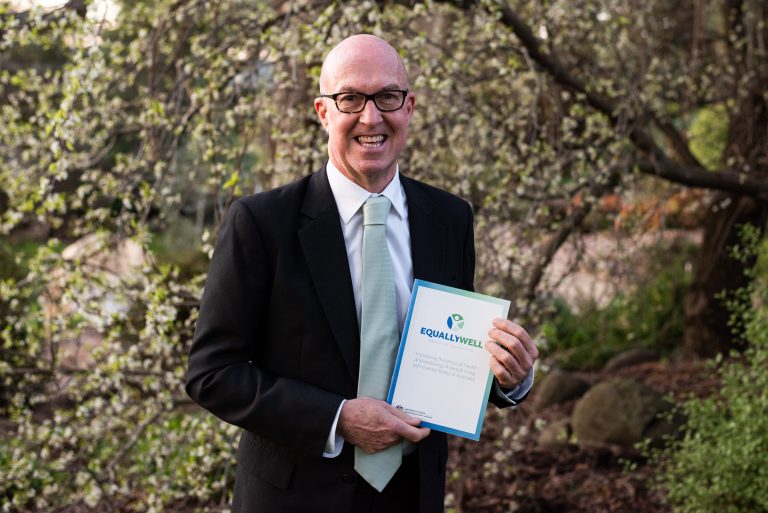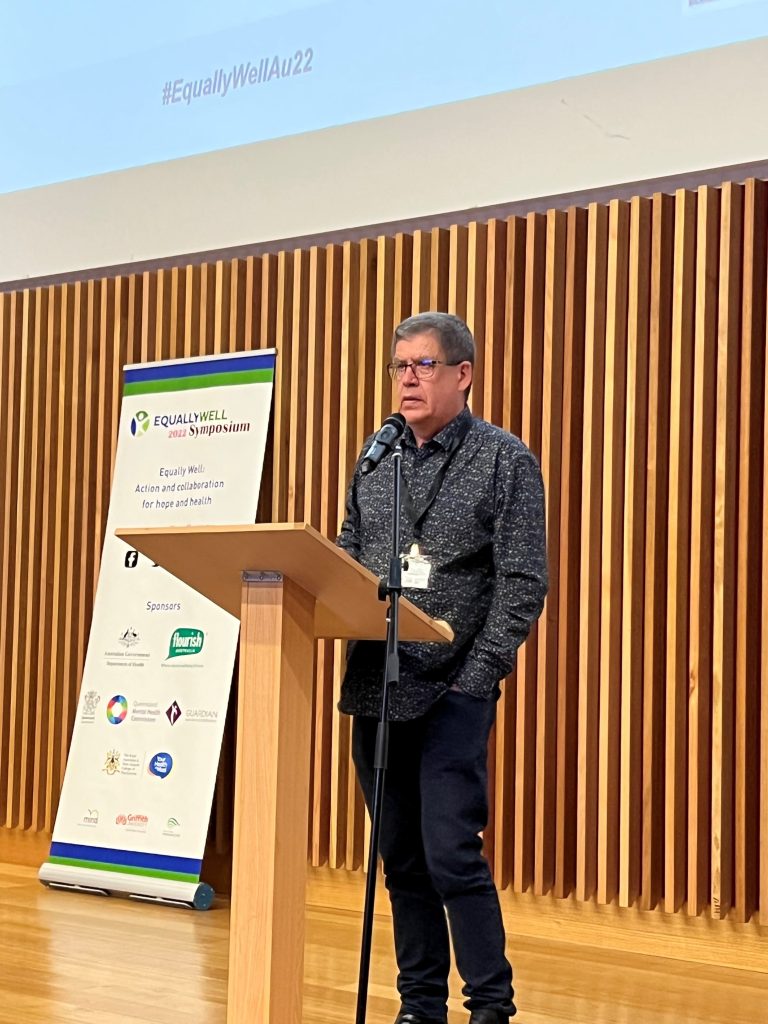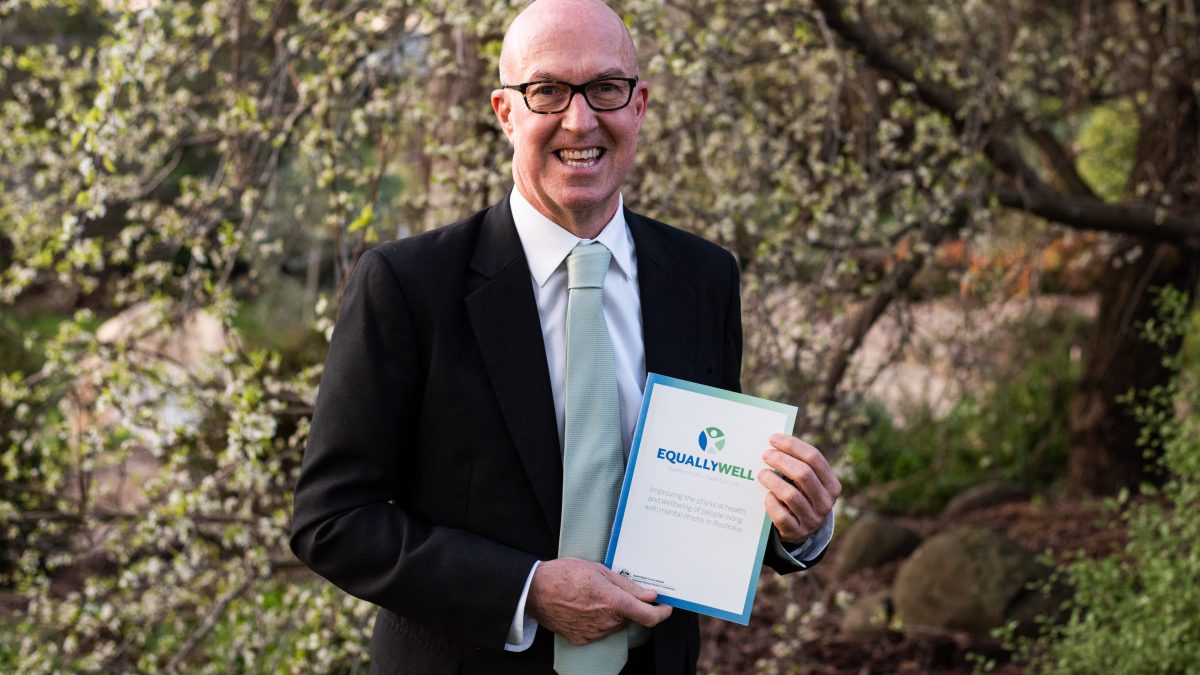Equally Well shares in over $5 million for research to improve physical health of people living with mental illness
Three research teams will share in over $5.1 million in targeted funding from the National Health and Medical Research Council (NHMRC) to investigate ways to improve the physical health of people with mental illness.
The NHMRC grants will support three new initiatives that further enhance the impact of Equally Well in the collective mission of our supporters and partners to reduce the life expectancy gap for people living with mental illness.
Equally Well National Director Professor Russell Roberts and a team from across the Equally Well network, Charles Sturt University, and Manna Institute, will receive over $969,000 for a project that will investigate the experiences of rural people living with severe mental illness and use the findings on how they access health care to inform a co-designed model of physical health care navigation. The project involves a team of 25 researchers from 9 universities in a unique collaboration.
Professor Jackie Curtis of the University of New South Wales and member of the Equally Well Alliance, and her team will receive over $2.9 million for a co-produced Integrated Peer-Supported Physical Health Service (IPPHS) that will be designed so that no-one misses out on person-centred health care by meeting the person wherever they are at in the healthcare system.
Dr Alyssa Milton of the University of Sydney and her collaborators will receive nearly $1.2 million to deliver a peer-supported digital app (SiMPliCITy) that promotes self-care strategies to address the physical health needs of people with schizophrenia to be used in conjunction with mental health services.
NSW Mental Health Commission Deputy Commissioner and project co-lead for the Consumers and Carers as Physical Health Care Navigators in rural Australia project, Tim Heffernan, said this work addresses a largely ignored area of research into the physical health of people living with mental illness and the supportive role of their informal caregivers.
“Physical Health Care Peer Navigators are a specialised Lived Experience (Peer) Workforce who use their own journey of mental and physical health issues, and recovery, to support other people who are also embarking on this journey. “It makes sense that people in rural and regional Australia will be able to choose someone with experience to help them navigate their way back to mental and physical health,” Tim said.
Assistant Minister for Mental Health and Suicide Prevention and Assistant Minister Rural and Regional Health, The Hon Emma McBride, said people living with mental illness, particularly severe mental illnesses, are more likely to develop physical illness and be hospitalised for potentially preventable reasons.
“The three projects funded today focus on co-design and peer-support models to help people living with mental illness access effective health care services to improve their physical health,“ Minister McBride said.
NHMRC’s Targeted Calls for Research grant scheme is designed to stimulate research or build research capacity to address a specific health issue where there is a significant knowledge gap or unmet need.
The outcomes of the research will inform the development of policies, health services and models of care that effectively manage and support people with coexisting mental and physical health conditions.
More: Visit the following links for more information: World-first research aims to address the rural mental health workforce shortage Minister McBride’s Media Release

Equally Well Australia National Director Professor Russell Roberts 
NSW Mental Health Commission Deputy Commissioner and project co-lead for the Consumers and Carers as Physical Health Care Navigators in rural Australia project, Tim Heffernan. 

